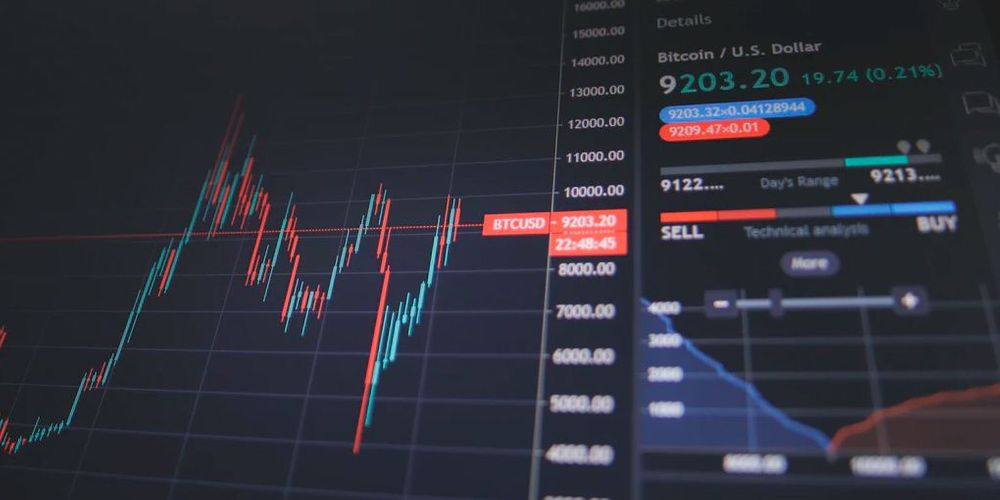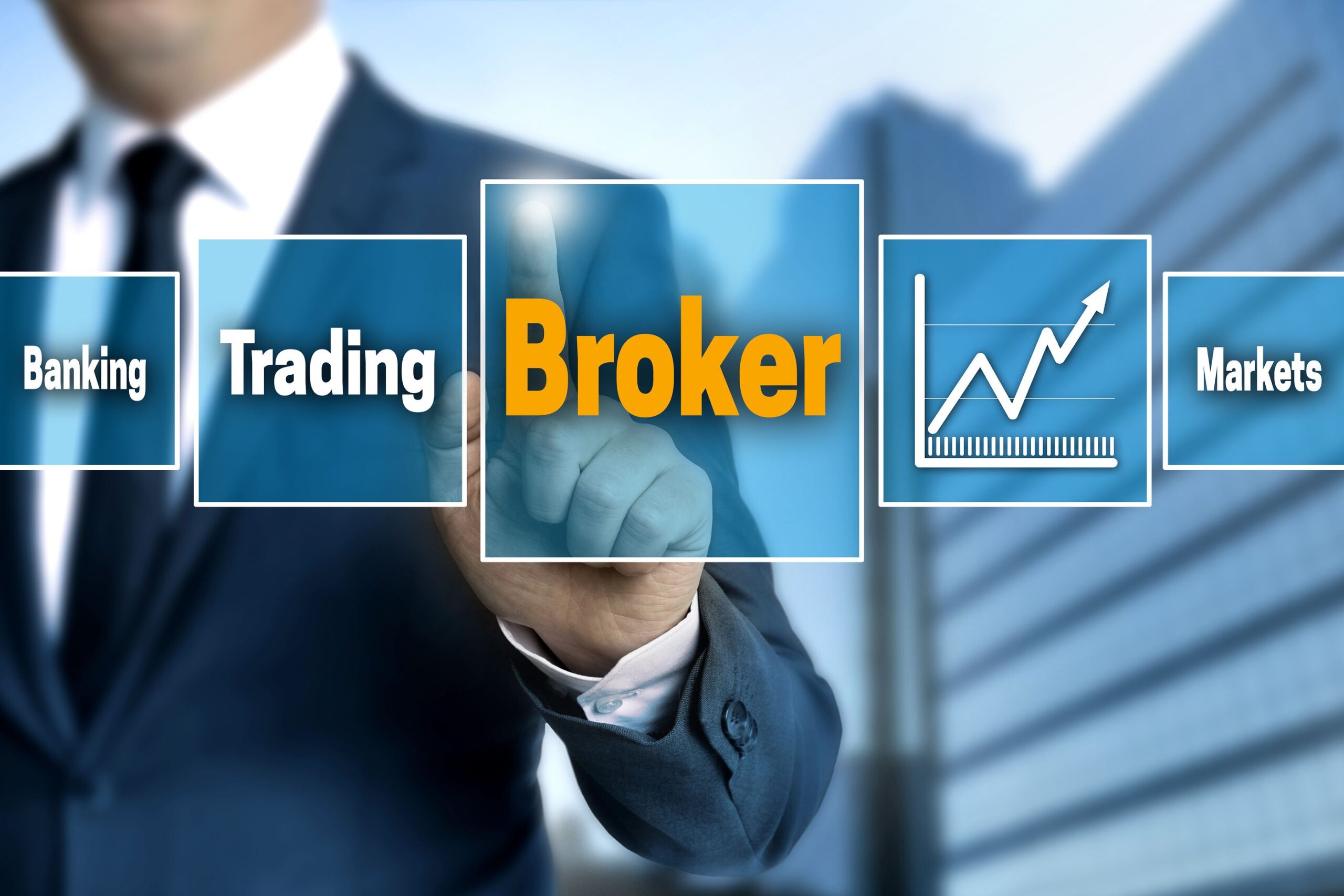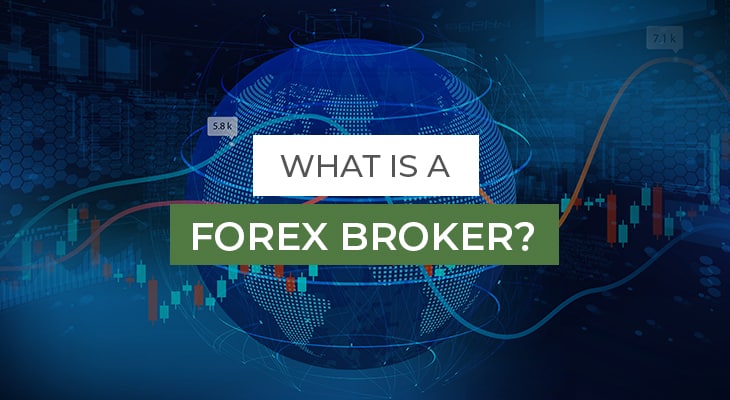What’s The Role Of Forex Brokers In Currency Trading?
Participation in the Forex market is possible through these Forex Brokers. Trading is also known as foreign exchange trading or currency trading. Price movements depend on a variety of conditions, but tend to indicate the economic development of countries.
Forex trading does not take place on an exchange and is decentralized. Therefore, the technical terms “Over the Counter” or OTC reflect the type of trading. Forex trades can be made in a global network of banks regardless of time.
The activity of a broker can include the following tasks:
- Execution of purchases and sales of securities
- Advising investors
- Provide access for trading financial products
- Have trading platforms ready
- Provide information about markets and financial products
How Do Forex Brokers Facilitate Currency Trading For Retail Traders?

So that investors can trade through the broker, he or she provides them with a trading platform. This means that today’s trading differs fundamentally from the way stocks and securities were traded on the stock exchange in the past.
Trading on stock exchanges is now primarily done digitally. You no longer need a broker who physically passes on the orders at the respective trading venue. It is sufficient if he or she provides the necessary infrastructure.
When it comes to the trading platform, brokers can differ from one another. Some offer an individual platform tailored specifically to their offering. Others, on the other hand, use a so-called cross-broker trading platform. For this reason they are also called meta traders.
If investors have chosen a direct broker, he or she gives them direct access to the markets via the platform. This means you can place your order at any time. You don’t have to wait for a stock broker to accept your order and forward it to the exchange. When the order is executed depends on the individual trading conditions at the different brokers.
What Are The Criteria For Choosing A Reliable Forex Broker?
The term broker comes from English and stands for stock broker. Today, a broker refers to a financial service provider that offers its customers the processing of the above-mentioned transactions. They either have their own banking license or work with banks.
Since the majority of trading is now carried out electronically, the stock broker no longer exists in its original form. According to the Stock Exchange Act, since 2002 only so-called lead brokers have been active in sub-areas in which prices are not determined via electronic trading systems.
If the broker trades on behalf of the customer, this can be done on or over the counter. Its activities are subject to detailed legal regulation and supervision and are mainly regulated by the Banking Act and the Securities Trading Act and other regulations. Supervision is carried out by the Federal Financial Supervisory Authority.
How Do Broker Commissions, Spreads, And Slippage Impact Trading Costs?

The execution of orders requires the broker to register with the respective exchange on which trading is to take place. This explains why not every broker can trade on all exchanges. Some brokers are only admitted to forex, others to European stock exchanges.
Many brokers now also allow you to buy and sell securities on global stock exchanges, such as those in North America or Asia. By registering on a futures exchange, the broker can also offer trading in futures and options.
The costs for trading through a broker can vary greatly. A prerequisite to be able to trade at all is to open a trading account. Some brokers charge fees for this first step, while others charge it for free. Other brokers only offer custody account management free of charge if a certain minimum amount of assets is available.
Investors who have opened their portfolio at a branch bank should pay particular attention to the costs. Branch banks in particular often charge their customers a fee for the positions they hold in their custody account. This can either be a flat amount, or they calculate each position individually (usually investors pay a certain percentage of the respective position to the bank).
Additional fees apply when actively trading through a broker. These are called order fees. They are the broker’s actual business model.
The various brokers also differ in terms of order fees :
- Some brokers offer their customers fixed prices for each order.
- Others charge a percentage of the order placed.
- Neo brokers are characterized by relatively low order fees.
- Some offer their customers the opportunity to place an order on the stock exchange for just one euro.
What Are The Differences Between Market Maker And ECN Forex Brokers?
In order to clarify the differences between market makers and ECN forex brokers and execution of the essential task of executing buy orders and sell orders, a distinction must be made between the following types of brokers:
Dealing Desk: The term stands for “trading desk” and thus expresses that every order goes over the trading desk of the trading department. There it is forwarded to an exchange or OTC. This usually involves a quality check, whereby the logic of the order is checked automatically.
Market Maker: The market broker determines its own prices – so the orders are not forwarded to the exchange. He uses this to serve his customers among themselves. If no suitable opposing position can be found, he sometimes joins in himself.
ECN: With the Electronic Communication Network, the broker forwards the orders directly to the interbank market. The prices are determined via spreads in the interbank market.
STP: The abbreviation stands for Straight Through Processing and refers to a broker who forwards the orders to a so-called liquidity provider, a stock exchange trader. Behind this is a bank that has direct access to the interbank market.
IB: Compared to the STP, the introducing broker only has one stock trader. From this he receives a commission for all orders. The species is often found in the Forex sector, foreign exchange trading.
How Can Traders Ensure Fair And Transparent Dealings With Forex Brokers?
In addition to pure trading, the broker’s services include professional trading software, current courses, training offers, market information and much more. The additional services have now become a key differentiator when deciding on the right broker.
Analysis software that offers databases with fundamental metrics, news feeds, economic calendars and automatic chart pattern recognition can be crucial for the trader. Access to real-time prices is also a given for experienced traders.
The range of training offers ranges from tutorials to e-books and webinars to live events with qualified speakers.
See you in the next post,
Anil UZUN
